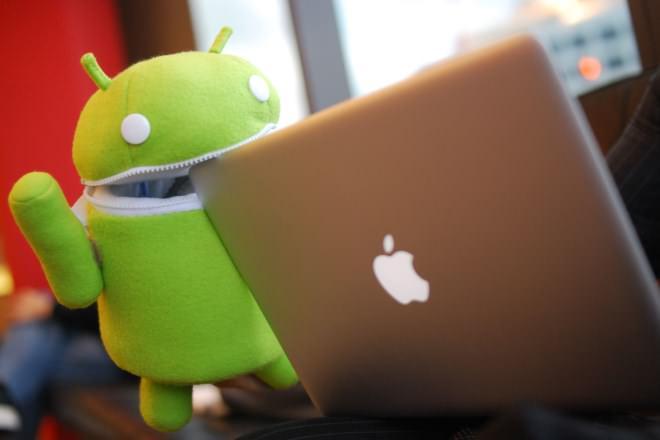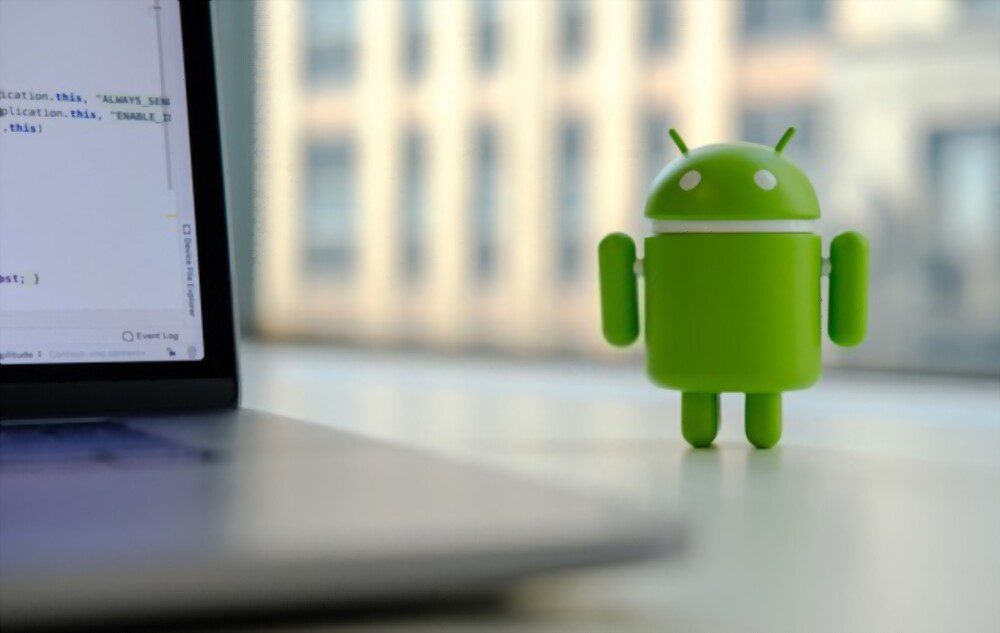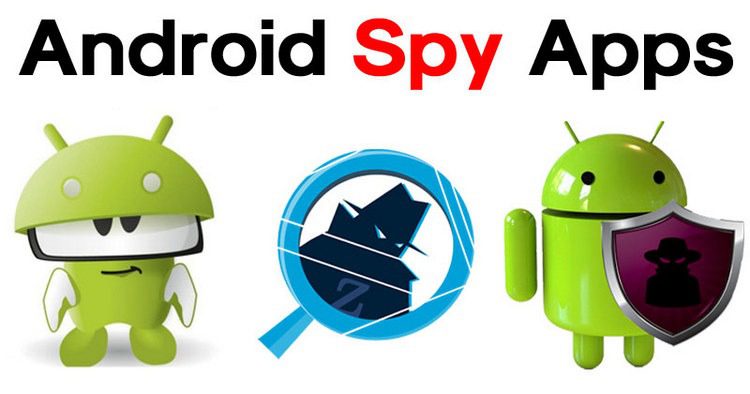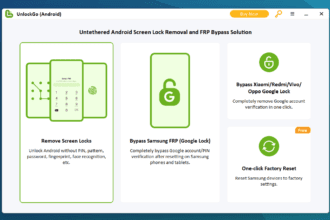
The Android by Google and the iOS by Apple are operating systems primarily used in mobile techs, like smartphones as well as tablets. Android is Linux-based and in part, open source is more like a personal computer than iOS. Its basic features and interface are in general more customizable from top to bottom. Nevertheless, the uniform design elements of iOS are at times considered as more user-friendly.
When it comes to mobile app development, the key is to choose a smartphone or table system with care. Today, Android these days is the most commonly used platform for smartphones and used by numerous phone manufacturers. The iOS, however, is used solely on Apple devices, namely the iPhone.
Both are great in different terms, but going for the best could be difficult. The right platform for your app development depends on many things, such as the users, the target market, cost, development ease, and app features. Android, as of 2017 has more than 64 percent of share in the mobile market, compared to 32 percent of iOS. Clearly, it’s an indication that the number of users of Android nearly doubled to that of iOS.
COMPARING iOS AND ANDROID
Revenue
The ability of an app to generate profit is dependent on several things, such as the platform it has been created. If you think that just because Android has a bigger share in the market, it generates bigger revenue as well, then think again. The number of Android apps and users is higher, but Apple’s App Store generates more revenue.
Google in 2016 earned $3.3B while the App Store made a $5.4B revenue. The main reason is the higher publishing cost on the App Store. Mostly, Android apps earn revenue from ads displayed within these applications.
Development tools
In today’s market, there are so many mobile app development platforms and tools. Android has its own development platform that supports a lot of third-party apps and tools as well. Truly, this is great for developers because they could check out various features and add more app functionality.
Also, Apple provides a development platform, together with a limited tools set. However, developers could not use any external tool, which is difficult for them to try out new things. However, due to the limited kind and amount of devices, developing with iOS is easier than Android development.
Multitasking
The development platform of Apple is exclusive and thus more stable with a particular set of tools and limitations. On the other hand, Android is quite versatile and enables dynamic application development for almost all purposes and intents and for multitasking even.
A beneficial feature, but also creates issues for novice developers who aren’t so familiar with multitasking. In addition, the very fragmented nature of Android, making it difficult to work with just one application version.
Development time and cost
Android development, due to the high fragmentation and a wide range of devices takes longer than iOS development. iOS developers craft apps for just one platform and usually have less work. It takes around 30 to 40 percent normally to build an Android application of the same measure as iOS. The development cost depends on several things, including the development platform, target devices, tools, and others.
Apps for Android may cost more due to the extensive array of platforms and devices. Nevertheless, it’s great that Android Studio could work on any contemporary personal computer, in contrast to the Xcode development platform of Apple that works only on Mac systems.
THE BOTTOMLINE
A summary of the major pros and cons of Android and iOS.
iOS Pros and Cons:
- Software upgrades. Upgrades to all devices with hardware capable of handling new software are offered by Apple. Meaning that devices remain current with the features of the software for at least a couple of years or more.
- Locked down the interface. Limited choices for home screens and customization. No third-party applications pre-installed.
- Better controls on privacy. iOS provides better control over the access of applications to the private information of users, like contacts and location for instance.
Pros and Cons, Android:
- Extremely customizable UX or User Experience.A customizable home screen that has not only app icons but widgets as well, allowing a user to stay informed and connected. Lesser Google restrictions compared to Apple on the type of applications allowed.
- Massive selection of hardware. Availability of a great number of Android devices, with numerous price ranges, with many hardware capabilities, features, and sizes of screen.
Both Android and iOS are quite popular and are amazing platforms. Your choice will greatly depend on your requirements, compatibility, and preferences and of course your budget.
Biography:
Joanna Baretto is a Business Analyst at tatvasoft.com.au, it is leading a Mobile app development Company in Australia, you can visit the website to know more about her Company. She has been working for five years in a Technological domain. Her work across multiple disciplines broadly addresses the narratives of techno experience. you can find her on twitter @BarettoJoanna.








